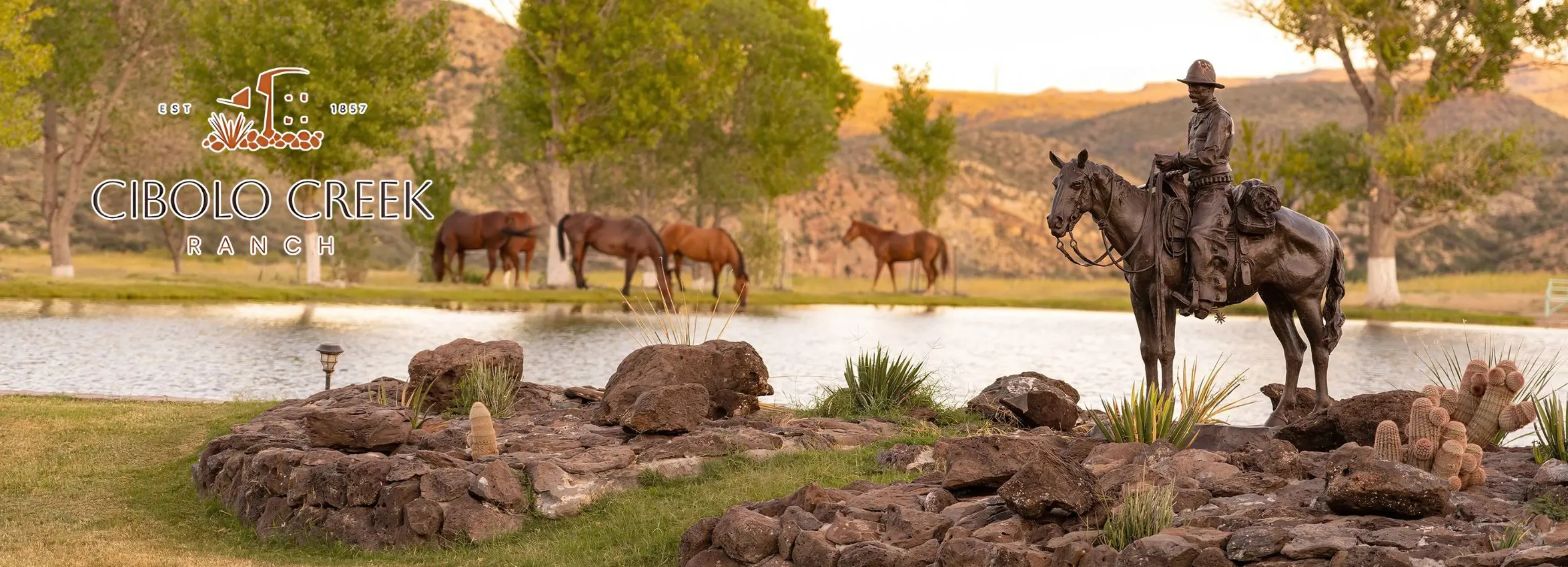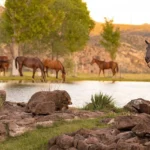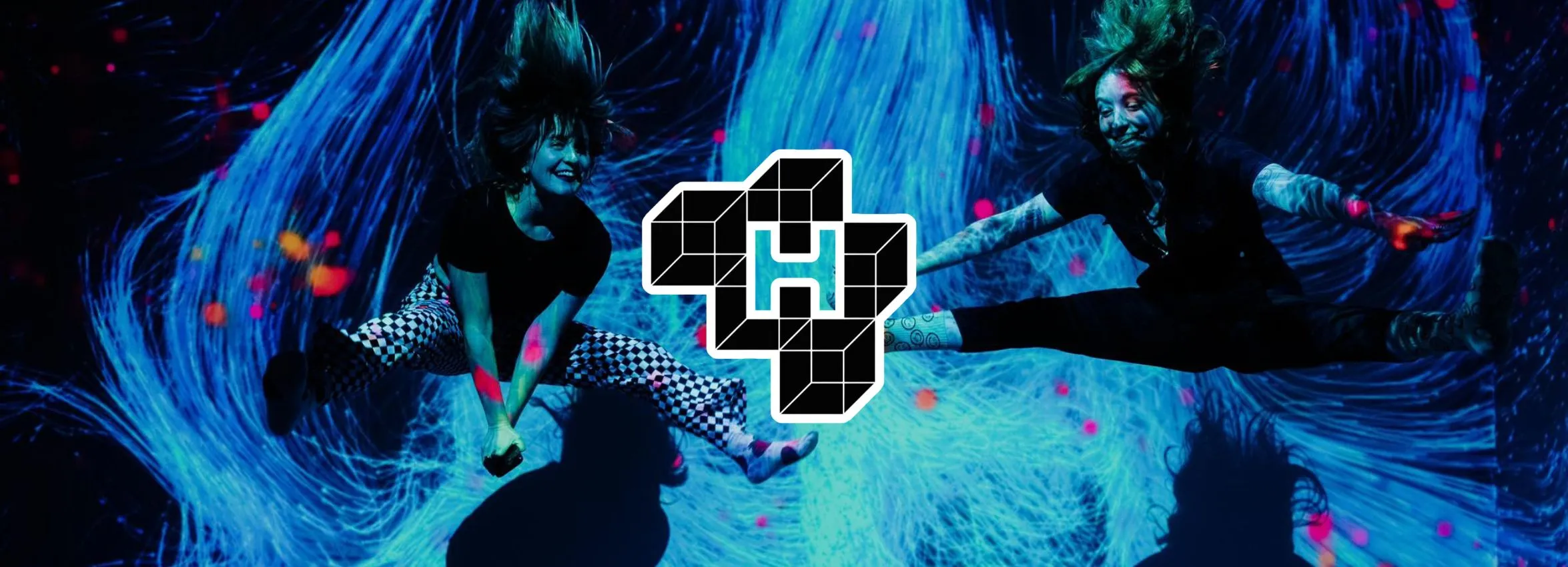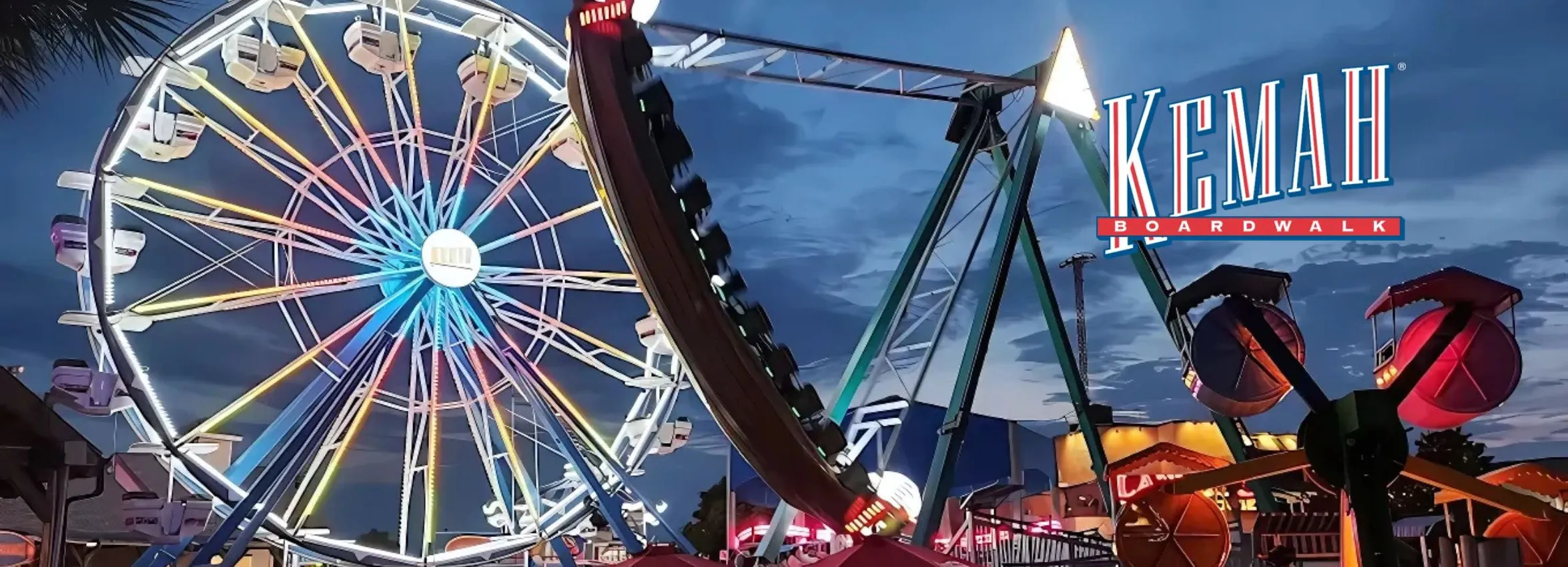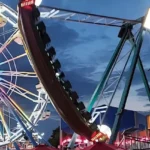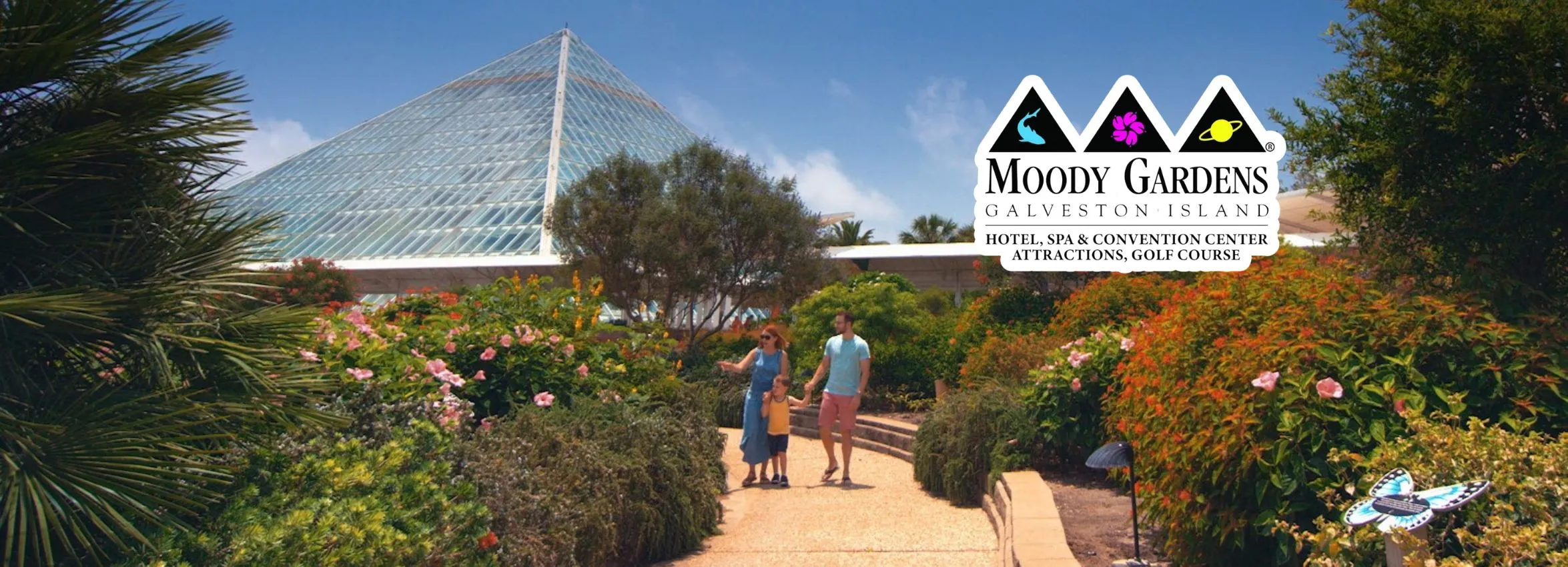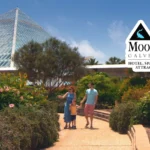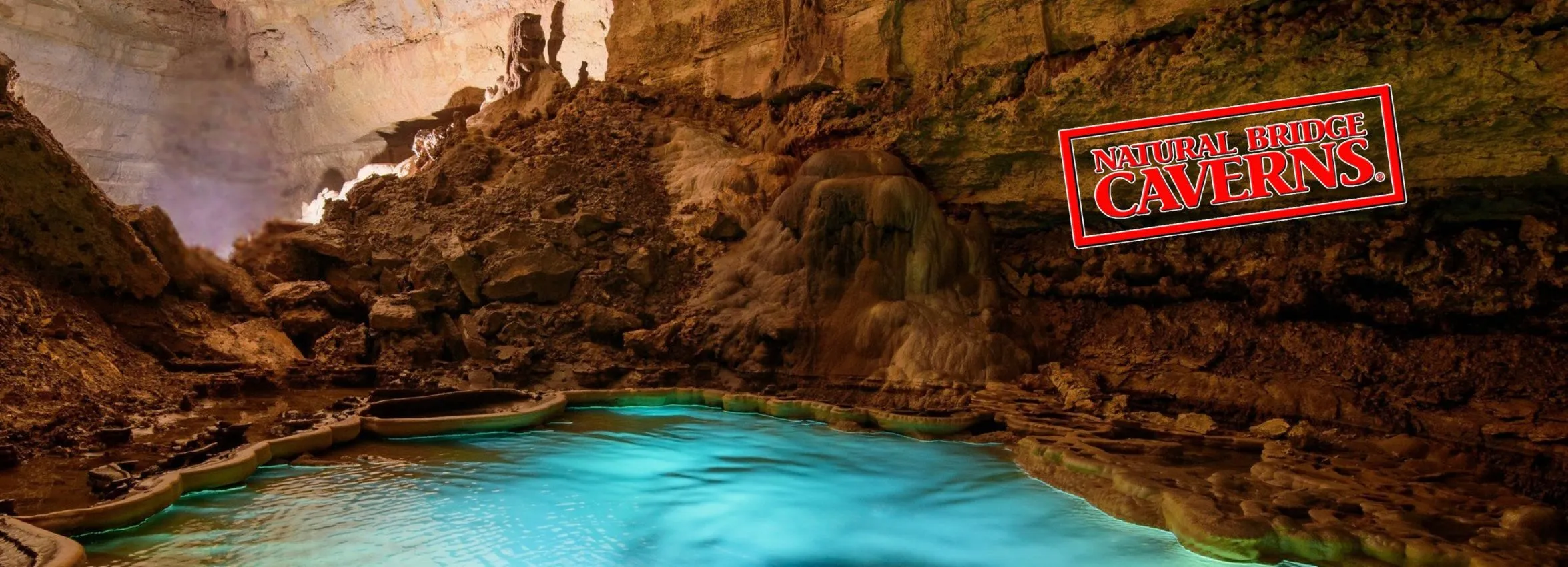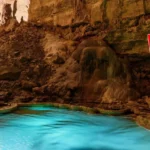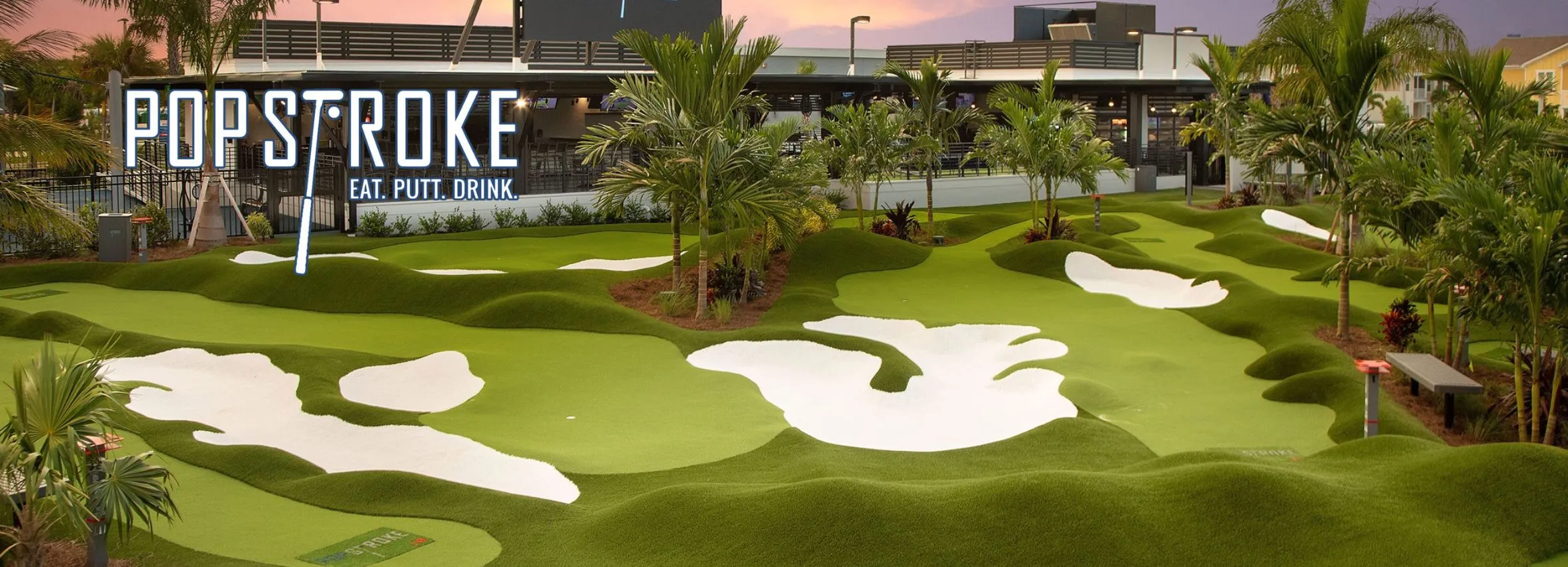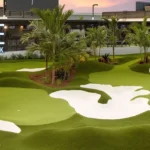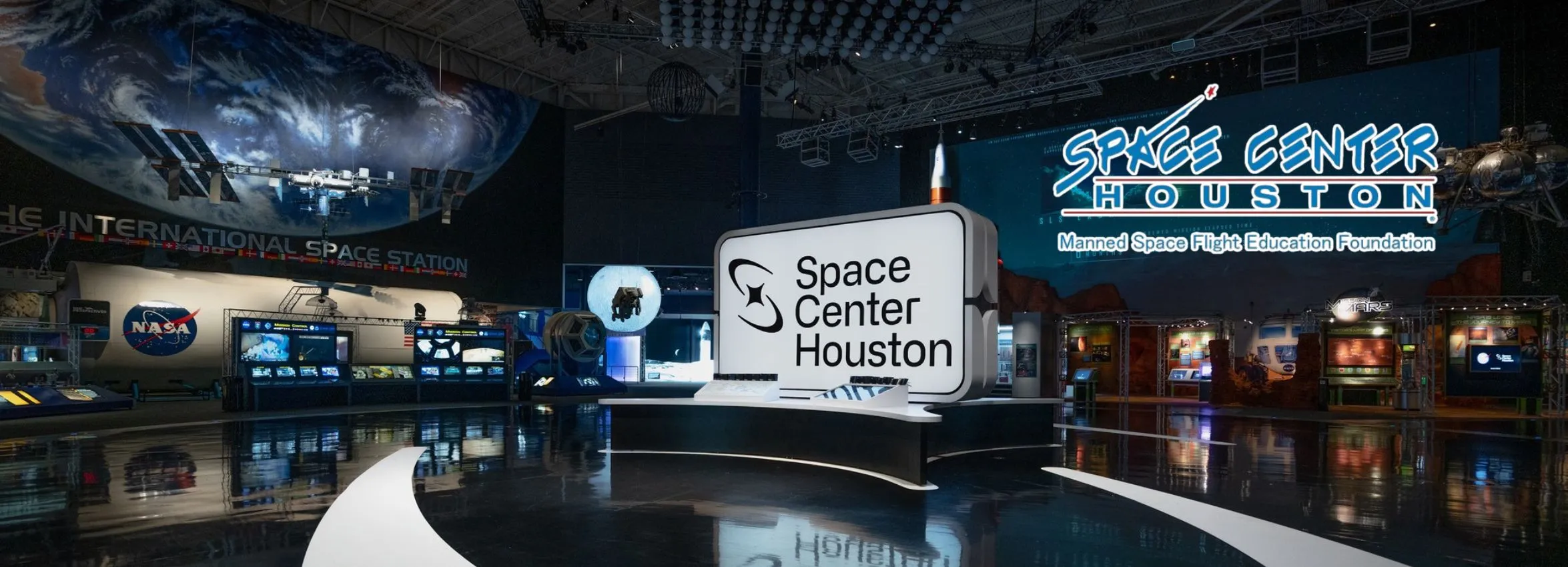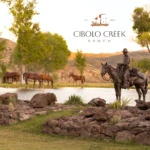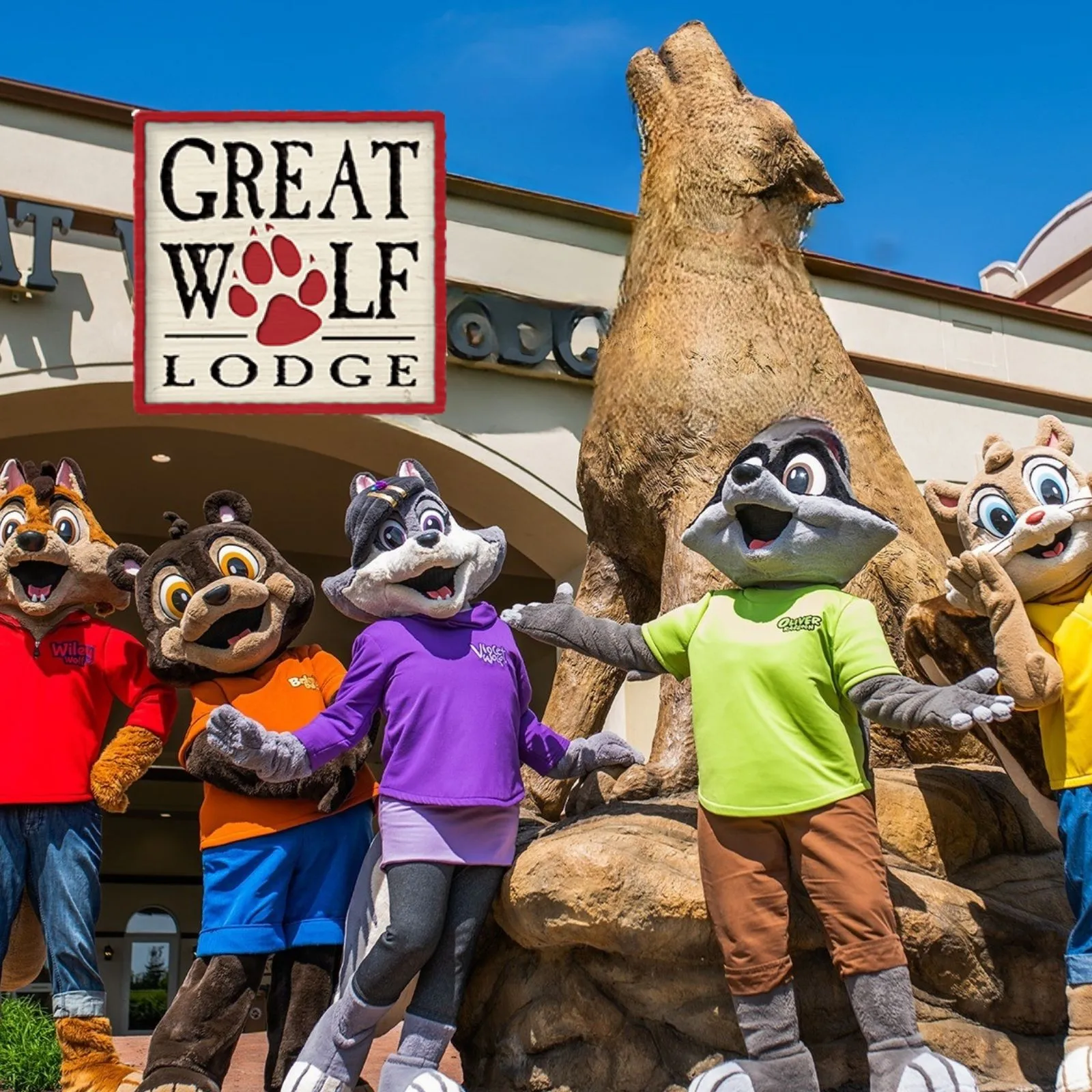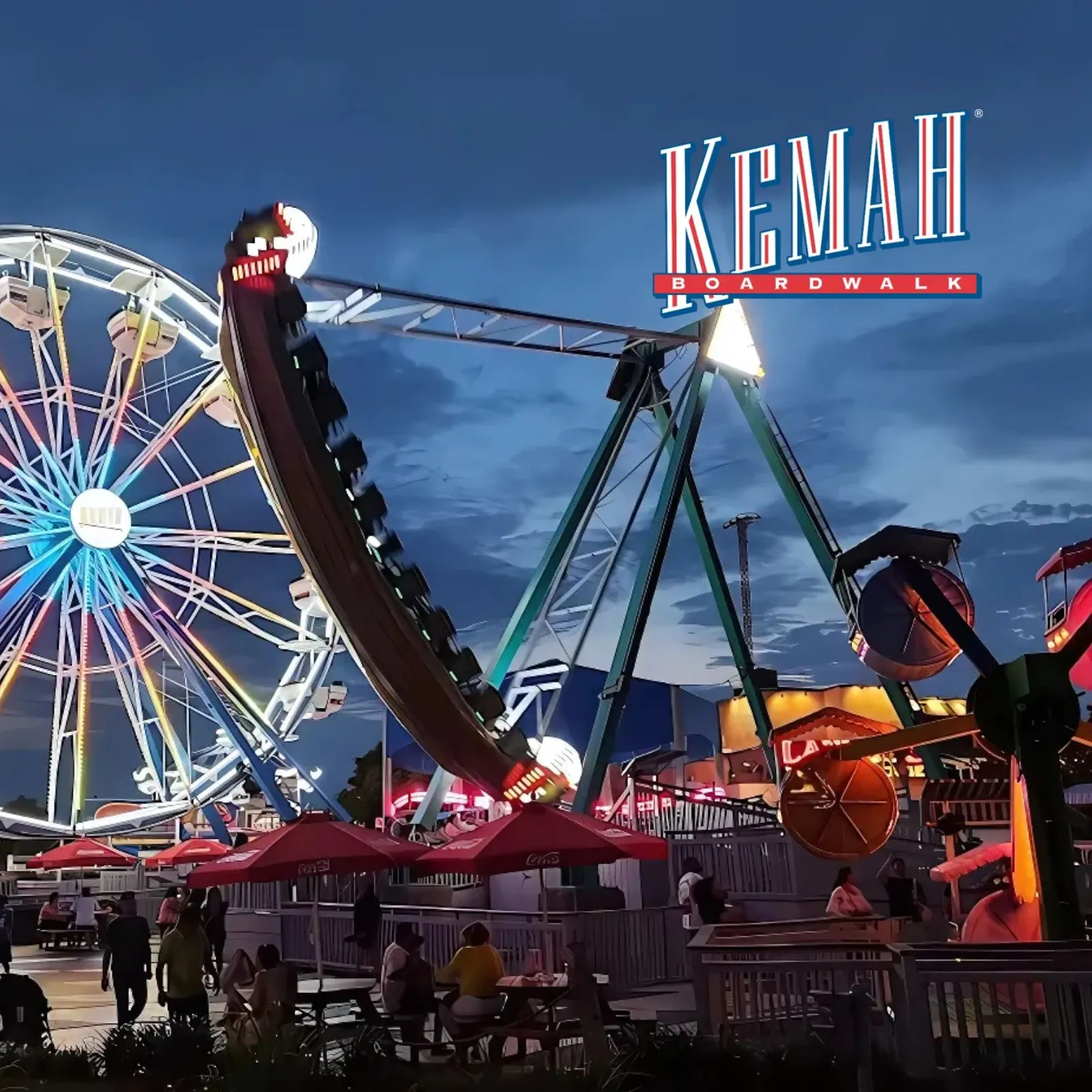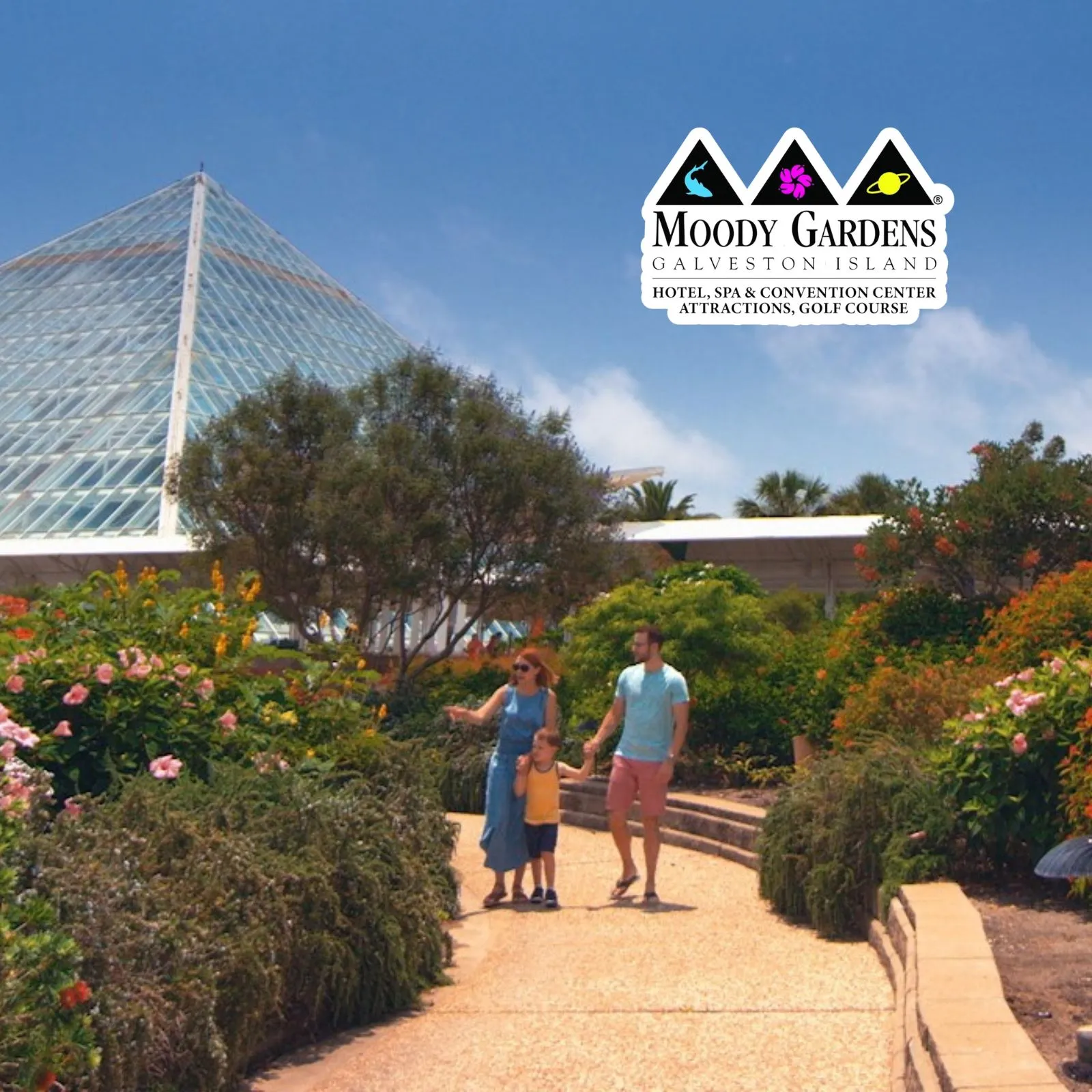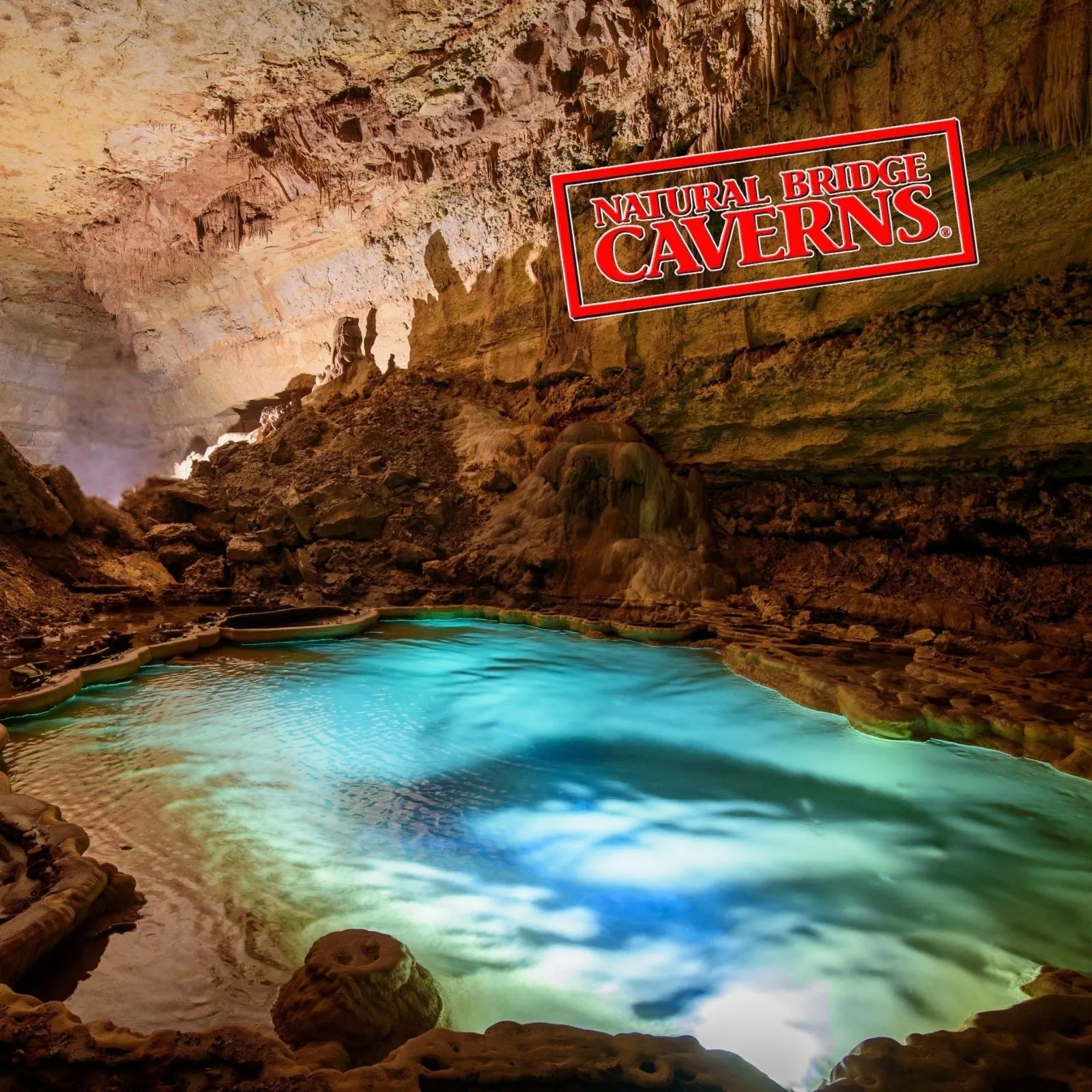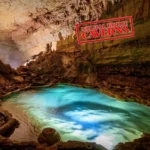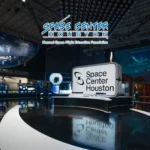The Best Experiences in Hawaii: Top 10 Must-Do Activities (Currently Open)
Hawai‘i isn’t just a destination. It’s a feeling. The islands invite you to breathe deeper, move slower, and taste life at its freshest. Whether you’re here for a once-in-a-lifetime vacation or a much-needed reset, the best experiences in Hawaii mix nature, culture, and a warm dose of aloha. This guide curates ten unforgettable, currently operating activities across O‘ahu, Maui, Kaua‘i, and the Island of Hawai‘i (Big Island). You’ll find classic highlights, insider tips, and family-friendly options—plus practical advice to help you plan smart, book early, and savor every minute.
Pearl Harbor Remembrance: USS Arizona Memorial & Historic Sites (O‘ahu)
Pearl Harbor National Memorial remains one of Hawai‘i’s most important and moving experiences. Standing above the sunken USS Arizona, you feel history in the quiet. The harbor is still, the white memorial stark against cobalt water. It’s humbling and essential.
Why it’s a must-do
Powerful, educational, and deeply respectful.
A rare chance to connect place, story, and sacrifice.
Well-run visitor center with clear exhibits and context.
What to do
Begin at the Visitor Center to orient yourself.
See galleries that frame the events of December 7, 1941.
Take the boat to the USS Arizona Memorial.
Consider add-on sites: Battleship Missouri, USS Bowfin Submarine, and Pearl Harbor Aviation Museum for a full-day immersion.
Good to know
Reserve timed entry in advance for the memorial boat.
Mornings are usually calmer; dress modestly and respectfully.
Family-friendly, but discuss the solemn nature with kids.
Road to Hāna: Waterfalls, Rainforest, and Black Sand (Maui)
The Road to Hāna is a classic. But it isn’t about the destination. It’s about slowing down. One curve at a time. Ferns drip with mist. Waterfalls flash through the trees. Coastal views swing from sapphire to deep jade.
Why it’s a must-do
The drive offers an unmatched combination of rainforest, sea cliffs, and local flavor.
There are dozens of places to stop—each different, each beautiful.
Stops to consider
Twin Falls for an early waterfall fix.
Garden of Eden Arboretum for views and easy strolling.
Wai‘ānapanapa State Park for the famous black-sand beach and lava tubes (advance reservations required).
The peaceful town of Hāna itself for plate lunches, fruit stands, and beach time.
Safety and etiquette
Start early. Be patient with one-lane bridges.
Pull over fully for photos; never stop in the road.
Respect private property and posted signs.
Pack reef-safe sunscreen, water, and snacks.
Family tip
If you’re traveling with kids, pick three or four stops. Keep it relaxed, not rushed.
Sunrise Above the Clouds at Haleakalā National Park (Maui)
They call it the “House of the Sun.” Dawn on Haleakalā feels otherworldly. You stand above the cloud deck. The caldera glows in shades of brass and rose. The air is crisp. The silence is huge.
Why it’s a must-do
One of the most dramatic sunrise settings on Earth.
Incredible photography, with changing light and color.
How to plan
Sunrise reservations are required for summit access in the early morning.
Dress warmly. Temperatures at the 10,000-foot summit can be cold even in summer.
Allow time to adjust to altitude. Walk slowly and stay hydrated.
Can’t get sunrise?
Go for sunset instead. It’s less crowded and equally stunning.
Explore the Sliding Sands trail for otherworldly vistas.
Snorkel with Manta Rays in Kona (Island of Hawai‘i)
Night falls. The boat’s lights click on. In a few minutes, graceful manta rays begin to circle below. They glide like flying carpets, feeding on plankton drawn to the glow. It’s peaceful and breathtaking.
Why it’s a must-do
It’s a rare, ethical wildlife encounter with no feeding or touching.
Suitable for snorkelers and certified divers.
What to expect
Tours run from Kailua-Kona and Keauhou Bay.
You’ll float on a lighted board or hold a gentle float while mantas swoop past.
Many operators offer short briefings on manta behavior and safety.
Family tip
Older kids who are strong swimmers love it. For younger children, ask about ride-along options.
Pro tip
Choose an operator with a strong safety record and a clear wildlife-respect policy.
Hawai‘i Volcanoes National Park: Fire, Steam, and Lava Landscapes (Island of Hawai‘i)
Few places show the creation of land like Hawai‘i Volcanoes National Park. Steam rises from vents. Lava fields stretch to the horizon. You may not see active lava on a given day, but the power is everywhere.
Why it’s a must-do
Walk through a native rainforest into wide volcanic terrain.
Learn how islands are made—and remade—by Kīlauea and Mauna Loa.
Don’t miss
Kīlauea Visitor Center to check conditions and trails.
Kīlauea Iki Trail for a dramatic hike across a cooled crater.
Steam Vents and Sulphur Banks for quick, fascinating stops.
Chain of Craters Road to ancient flows and a rugged sea arch.
Planning notes
Pack layers. Weather swings from cool and misty to bright sun.
Stick to marked trails. Fresh lava fields can be unstable.
Visiting at dusk can reveal glowing vents when conditions allow.
Nāpali Coast by Boat or Helicopter (Kaua‘i)
Soaring emerald cliffs. Hidden beaches. Waterfalls that ribbon into the sea. The Nāpali Coast is Kaua‘i’s crown jewel, and seeing it from the water or air is unforgettable.
Ways to experience it
Boat tours (family-friendly) depart from Port Allen or seasonally from the North Shore.
Helicopter tours reveal inaccessible valleys and the full grandeur of the cliffs.
Sea cave routes and snorkel stops are common on calm-water days.
Why it’s a must-do
Unparalleled scenery and a real sense of wilderness.
Excellent chance to see dolphins and sea turtles.
Tips for comfort
If you get seasick, pick an early-morning or larger-catamaran tour.
Summer seas are calmer on the North Shore; winter seas can be rough.
Hanauma Bay Nature Preserve: Classic O‘ahu Snorkel (O‘ahu)
A volcanic cove turned marine sanctuary, Hanauma Bay offers calm water, an easy sandy entry, and extremely high odds of seeing fish. It’s the best starter snorkel in Hawai‘i and still a favorite for repeat visitors.
Why it’s a must-do
Clear, shallow water filled with reef fish.
Education center and mandatory orientation help protect the ecosystem.
How to plan
Advanced reservations are required for nonresidents.
The preserve is closed on set days weekly to protect the bay; check the schedule before you go.
Bring reef-safe sunscreen and avoid standing on coral.
Family tip
Great for kids and new snorkelers. Consider a flotation belt for confidence and safety.
Polynesian Cultural Center & North Shore Day (O‘ahu)
If you want a “many cultures, one Polynesia” immersion—with hands-on fun—spend a day at the Polynesian Cultural Center. Then pair it with stops along the North Shore for a full, memorable day on O‘ahu.
At the Center
Explore village experiences from Samoa, Tonga, Tahiti, Aotearoa, Fiji, and Hawai‘i.
Try games, music, coconut husking, poi pounding, and canoe rides.
Cap the evening with a moving show or an island-style feast.
North Shore add-ons
Watch surfers at Banzai Pipeline (winter) or relax at Waimea Bay (summer).
Snack your way through shrimp trucks, shave ice stands, and small beach towns.
Why it’s a must-do
It’s joyful, interactive, and great for families and multi-generational groups.
Upcountry Maui: Farms, Lavender, and Cowboy Country
There’s another side to Maui. It’s green, breezy, and dotted with farms and paniolo (cowboy) history. Upcountry Maui lets you slow down and meet producers behind the island’s best flavors.
Highlights
Stroll the rows at a lavender farm and breathe in the hills.
Visit a goat dairy for playful encounters and creamy samples.
Stop at a farm stand for liliko‘i butter, strawberry papayas, and fresh-pressed juice.
Drive the winding roads of Kula for sweeping views toward the ocean.
Why it’s a must-do
Connects you with Maui’s agricultural heart.
Shows how local ingredients find their way onto island menus.
Family tip
Kids love farm animals and simple tastings. Parents enjoy the views and photo ops.
Mauna Kea Stargazing: A Night with the Milky Way (Island of Hawai‘i)
On clear nights, the stars over Mauna Kea feel close enough to touch. The dry air, high elevation, and low light combine to create one of the best night skies anywhere.
Ways to go
Drive to the Visitor Information Station area for sunset and post-sunset skies.
Join a guided stargazing tour that handles permits, 4WD, and safety for summit visits.
Why it’s a must-do
Deep-sky viewing and stunning Milky Way visibility.
A natural, awe-inspiring counterpoint to Hawai‘i’s sun-and-sand days.
Important notes
Altitude is serious business. Dress in warm layers and listen to your body.
Not recommended for small children, pregnant travelers, or anyone with altitude concerns.
Check weather before you go; conditions can change quickly.
Bonus Bucket List Ideas (All Currently Operating)
If you have extra time—or you want to swap one of the ten above—these activities are island icons in their own right:
North Shore Shark Cage (O‘ahu): Adrenaline with education. Ethical operators focus on learning and safe viewing.
Kaua‘i Tubing Adventure: Drift through historic irrigation canals and jungle scenery.
Lanai Day Trip by Ferry (From Maui): Snorkel Hulopo‘e Bay and explore a quiet, luxurious island vibe.
Maui Ocean Center: An impressive aquarium experience, perfect for families and rainy days.
Kona Coffee Country: Visit small farms, taste single-origin roasts, and learn how terrain shapes flavor.
Island-by-Island Cheat Sheet
O‘ahu (Honolulu & Beyond)
Pearl Harbor National Memorial
Hanauma Bay Nature Preserve
Polynesian Cultural Center + North Shore
Maui
Road to Hāna
Haleakalā sunrise/sunset
Upcountry farms and paniolo heritage
Kaua‘i
Nāpali Coast by boat or helicopter
Island of Hawai‘i (Big Island)
Hawai‘i Volcanoes National Park
Kona night manta snorkel
Mauna Kea stargazing
This spread ensures a geographically diverse set of experiences, whether you base yourself in a single island hub or island-hop for variety.
Culture, Respect, and the Spirit of Aloha
Hawai‘i’s beauty is matched by a deep cultural legacy. Whether you’re exploring sacred valleys or swimming in a calm cove, approach each place with appreciation.
Easy ways to show respect
Learn simple Hawaiian words: aloha (hello/peace), mahalo (thank you).
Heed signs at cultural and natural sites.
Use reef-safe sunscreen and never touch coral or marine life.
Pack out trash. Leave places better than you found them.
Support local
Seek out locally owned restaurants, food trucks, and shops.
Choose Hawai‘i-grown foods: papaya, taro, coffee, pineapple, and fresh fish.
Say yes to local tours that share cultural knowledge and care for the land.
Planning Tips: Reservations, Timing, and Safety
Some of Hawai‘i’s most beloved experiences now use reservation systems to protect resources and improve the visitor experience. Planning ahead helps you avoid disappointment and long waits.
Book in advance for
Haleakalā sunrise parking.
Hanauma Bay snorkel entry.
Pearl Harbor boat times to the USS Arizona Memorial.
Nāpali Coast boat and helicopter tours.
Manta ray night snorkel.
Mauna Kea guided experiences.
Packing list essentials
Lightweight layers, plus a warm jacket for high elevations.
Reef-safe sunscreen and a brimmed hat.
Sturdy water shoes or sandals for rocky entries.
Compact first-aid kit and reusable water bottle.
Dry bag for phones and cameras on the water.
Safety first
Watch ocean conditions; when in doubt, don’t go out.
Heed lifeguards and posted warnings.
Respect your limits on hikes and high-elevation trips.
Food Moments to Pair With Each Experience
Fueling great adventures is half the fun. Hawai‘i’s food scene celebrates island freshness and global influences.
Ideas by area
O‘ahu: Grab garlic shrimp on the North Shore, plate lunch in town, and malasadas after your Pearl Harbor visit.
Maui: Fresh banana bread on the Road to Hāna, farm-fresh cheeses and lavender scones in Upcountry.
Kaua‘i: Shave ice after your Nāpali cruise, poke bowls with a beach sunset.
Big Island: Kona coffee before sunrise, loco moco between hikes, and island-caught fish for dinner.
Family-Friendly Hawai‘i: How to Keep Everyone Happy
Traveling with kids? These tweaks make the top experiences accessible and fun:
Choose shorter hikes at Volcanoes and Haleakalā; bring snacks and layers.
Book morning water activities when seas are calmer.
Pack simple snorkel gear for practice in the hotel pool before Hanauma Bay.
Build in downtime after a long Road to Hāna day—beach time or a resort pool.
Pick hands-on cultural stops (like the Polynesian Cultural Center) that engage curious minds.
Luxury Touches: Elevate Your Island Time
Want to dial it up a notch? A few well-chosen upgrades can turn a great day into an unforgettable one.
Private helicopter flights along Nāpali or over active volcanic features.
Hosted stargazing with astrophotography add-ons on Mauna Kea’s flanks.
Sunset sailing with champagne and chef-curated small plates.
Guided Hāna caravans with local drivers who know every viewpoint and fruit stand.
The Best Time to Do Each Activity
While Hawai‘i is a year-round destination, season and time of day can refine the experience:
Sunrise/Sunset: Haleakalā and Mauna Kea deliver drama at both ends of the day.
Calm Seas: Morning is better for manta tours and snorkel trips.
Winter Surf: North Shore O‘ahu waves are biggest; watch, don’t swim.
Summer Seas: Nāpali boat tours often run more smoothly on Kaua‘i’s North Shore.
Rainforest Shine: Light rain makes Hāna’s waterfalls pop; bring a light shell.
Quick Itineraries: Make It Work for Your Trip Length
Three Days on O‘ahu
Day 1: Pearl Harbor + downtown eats.
Day 2: Hanauma Bay morning, afternoon beach time, sunset drive to the East Side.
Day 3: Polynesian Cultural Center + North Shore loop.
Four Days on Maui
Day 1: Haleakalā sunrise, brunch, beach nap.
Day 2: Road to Hāna with a few curated stops.
Day 3: Upcountry farms and winery or distillery tastings.
Day 4: Snorkel or paddle morning, relaxed sunset dinner.
Five Days on the Big Island
Day 1: Kona coffee farms + beach.
Day 2: Volcanoes National Park.
Day 3: Manta night snorkel.
Day 4: Mauna Kea sunset and stars.
Day 5: Coastal hike and tide pools.
Four Days on Kaua‘i
Day 1: Nāpali boat tour.
Day 2: Waimea Canyon and Kōke‘e overlooks.
Day 3: Beach and kayak day on the Wailua River.
Day 4: Hanalei Bay strolls and local food trucks.
Conclusion: Your Hawaii, Your Way
Hawai‘i rewards curiosity. You can watch the sunrise from Haleakalā, float eye-to-eye with manta rays, listen to the hush over Pearl Harbor, and walk a cooled crater at Hawai‘i Volcanoes National Park—all in one trip if you plan well. The ten experiences above are currently open, widely beloved, and deeply representative of what makes the islands special: wild beauty, living culture, and a welcoming spirit.
Summary
We covered ten must-do activities across O‘ahu, Maui, Kaua‘i, and the Island of Hawai‘i.
You learned when to go, how to book, and how to respect the land and culture.
You got ideas for families, luxury add-ons, and smart packing.
You saw easy itineraries to shape a short hop or a longer escape.
